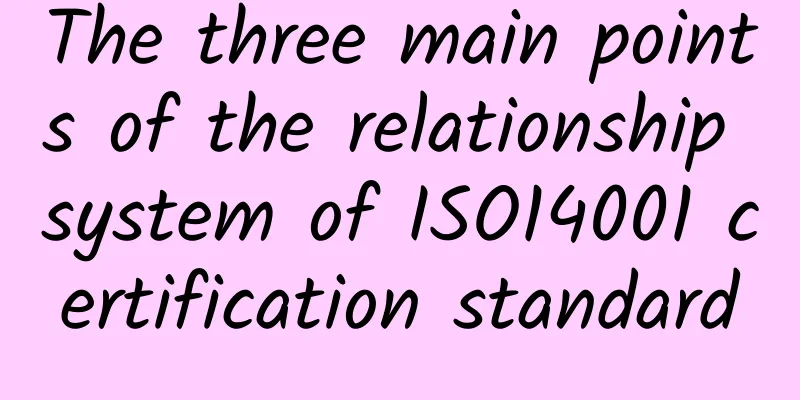What impact does GOTS certification have on the development of textile companies?

|
GOTS certification is a strict voluntary global standard for all post-harvest processing stages (including spinning, knitting, weaving, dyeing and manufacturing) of clothing and home textiles made from organic fibers (such as organic cotton and organic wool), and includes environmental and social standards. Key provisions of the standard include prohibitions on genetically modified organisms (GMOs), highly hazardous chemicals (such as nitrogen-containing dyes and formaldehyde), and child labor, while requiring a strong social compliance management system and strict wastewater treatment practices. GOTS certification enables consumers to buy organically certified goods from raw materials to end products. As a tool for managing and supervising sustainable production around the world, GOTS has greatly strengthened its global recognition. The seven GOTS representatives around the world (China, Japan, EU, Germany/Austria/Switzerland, India/Bangladesh, UK, US/Canada) are committed to promoting everyone's understanding of GOTS certification. In addition to the requirements for textiles themselves, GOTS has also extended its requirements to the social level. Whether workers' labor safety, wage levels, working hours, and normal welfare benefits can be guaranteed are all issues that GOTS is concerned about. It is worth noting that the GOTS standard will increase the competitiveness of enterprises by helping them improve their level of sustainable development. Shi Yi said that GOTS will enhance the competitiveness of enterprises in four aspects: First, avoid potential risks and use standards as a risk management tool. Because GOTS is a standard for the entire industry chain, it has standard supervision for each link in the textile industry. Enterprises only need to check a certificate from an upstream enterprise to obtain products that have been certified by the standard, and this standard is specific and verifiable. Second, it can enhance the image and credibility of the company. Products certified by the GOTS standard have a better reputation among consumers. Data shows that consumers are willing to pay a 20% premium for organic products. The third is to improve productivity and efficiency. As mentioned above, the GOTS standard, as a tool for establishing and managing supply chains, has a one-stop feature and can greatly improve the cost of supply chain management for enterprises. Fourth, it helps enterprises to open up a wider market. In some high-end markets, products certified by GOTS standards are more popular. GOTS can serve as a stepping stone for Chinese enterprises to open up the European and American markets. Do you have any questions about GOTS certification? Welcome to consult SuperNet customer service, we will give you professional answers and suggestions! |
<<: Organic Content Standard Certification OCS Factory Inspection Focus
>>: The FSC certification system is widely used in the international market
Recommend
Bangboom—provides an integrated solution for brand expansion overseas
What is Bangboom? BangBoom is a one-stop solution...
BSCI Ten Codes of Conduct
1. Laws and regulations: The company strictly fol...
Fujian's second child maternity leave is up to 180 days
According to the Fujian People's Congress web...
Is Taikuai Logistics reliable? How about Taikuai Logistics’ international express delivery?
Is Tai Express Logistics reliable? Taikuai Logist...
Nike's factory inspection basis
The basis for Nike's factory inspection is Nik...
H&M and Levi's announce global supplier ban on sandblasting
Hennes & Mauritz AB (H&M) and Levi Straus...
What should I pay attention to when registering on Facebook?
Things to note when registering a new Facebook ac...
eBay collects 10% GST on low-value goods imported into Australia
Recently, eBay has complied with relevant Austral...
What is ShopLocal? What is the development history of ShopLocal?
What is ShopLocal? ShopLocal partners include maj...
What is UnSplash? What features does this version of UnSplash have?
What is UnSplash? UnSplash: Free HD wallpaper sha...
What is Cross-border Pie? What products and services does Cross-border Pie have?
"Cross-border Party", a brand under She...
What is imgur? What are the functions of imgur?
What is imgur? Imgur is a free image sharing webs...
Xiesheng Factory Inspection Package - Your Factory Inspection "Family Doctor"
Let me first tell you a little story from my own ...
What are the eBay rules?
In the previous articles, we learned about eBay&#...
eBay store opening process—personal account registration?
Compared with other cross-border e-commerce platf...









